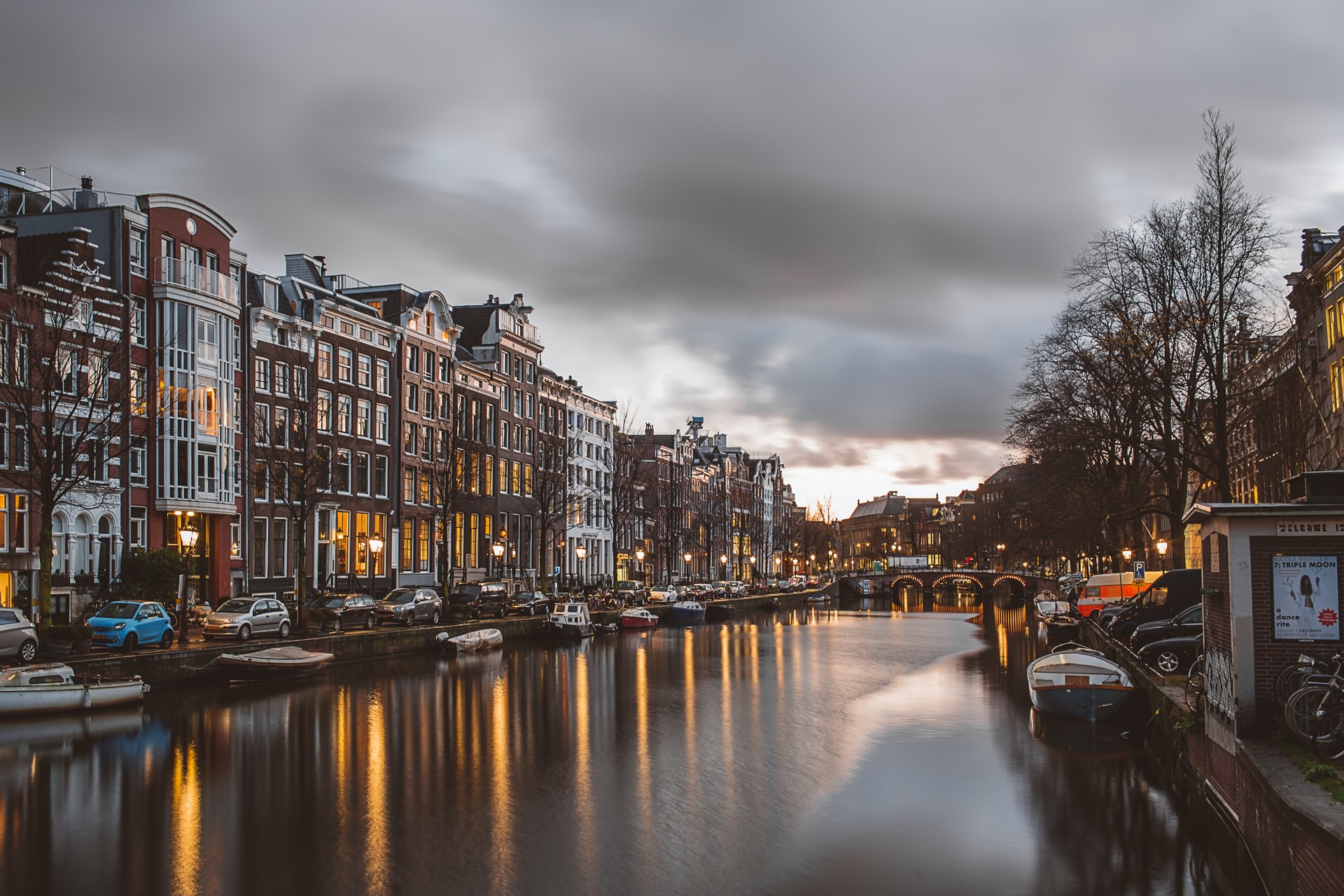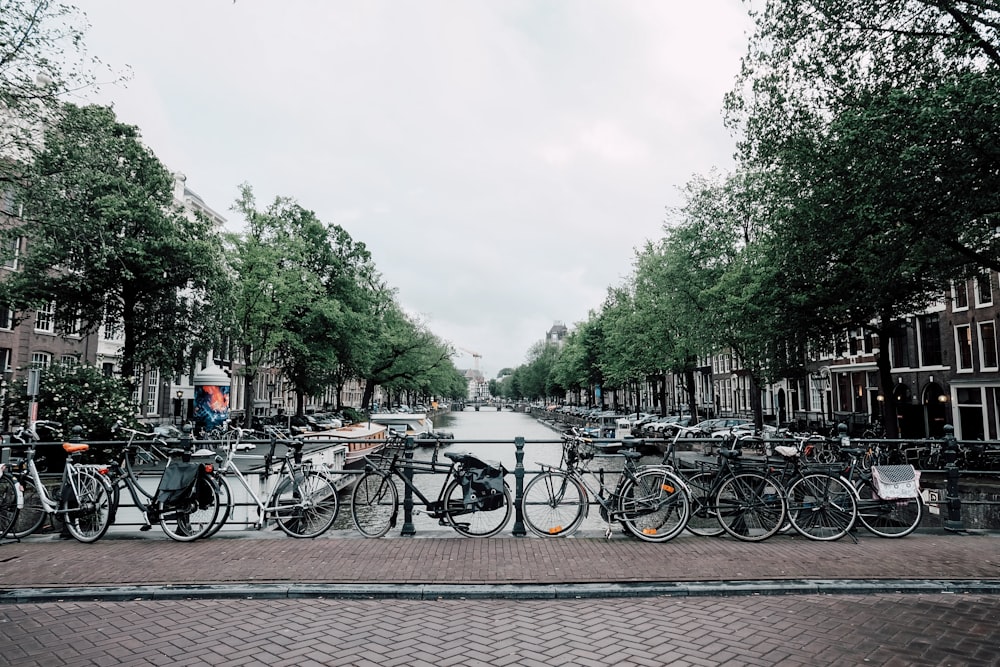How Amsterdam’s Economics Could Benefit the Planet

In economics, many discuss the externalities of producing and consuming. An externality is an unintended impact of an action and when discussed in a negative light, usually has to do with degrading the environment. Our economic actions have global environmental consequences that need to be accounted for to protect the world we live in. Amsterdam has taken this idea to heart, embracing an idea known as “Doughnut Economics.”

“Doughnut Economics” is an idea pioneered by British economist Kate Raworth in 2017, arguing that the 20th-century perspectives on economics cannot account for the environmental degradation caused by people’s actions in the 21st century. “Doughnut Economics” argues that humanity must find the balance between living comfortably and living sustainably rather than simply prioritizing GDP growth. This balance, the area between the two extremes, is the doughnut.
The Part Amsterdam Plays
As people have traveled less since the Covid-19 pandemic began, global pollution has fallen. Some cities have been trying to continue this climate improvement and one of them is Amsterdam. The pandemic has changed the way we live completely and Amsterdam’s government is attempting not to fall back on easy mechanisms as we move forward. Amsterdam is trying to adjust its economy to be in this doughnut sweet spot, allowing citizens to have a good standard of living while having a sustainable environmental impact. The city of Amsterdam has done this in conjunction with the Doughnut Economics Action Lab (DEAL), introducing infrastructure projects, employment scheme changes, and new government policies. Local organizations and people are introducing their own initiatives through the Amsterdam Doughnut Coalition. Amsterdam took the “Doughnut Economics” theory and combined it with the idea of a circular economy, eliminating waste while prioritizing quality of life. Initiatives have included refurbishing laptops to close the digital divide and introducing recycled materials into the fashion industry.

Are Other Cities Following Amsterdam?
Amsterdam has seen an improvement in focusing on healthcare, the environment, and housing availability. Other cities have been following Amsterdam’s example and implementing similar “Doughnut Economics” plans. Copenhagen, Brussels, and Dunedin have already followed suit, with Oregon and Austin considering following, as well. Each city must set its own standards for what constitutes being within the doughnut, but creating the plans for implementation is the first step.
What Now?
In the wake of Covid-19, cities are considering how to rebuild and renew after this long pandemic. “Doughnut Economics” is a concept to consider, not replacing economic growth but simply ensuring that economies balance quality of life with environmental consideration. It is the hope that as we move into the future of our world, we can globally ensure that we are living sustainably. Will Amsterdam lead to a doughnut revolution?


Leave a Reply